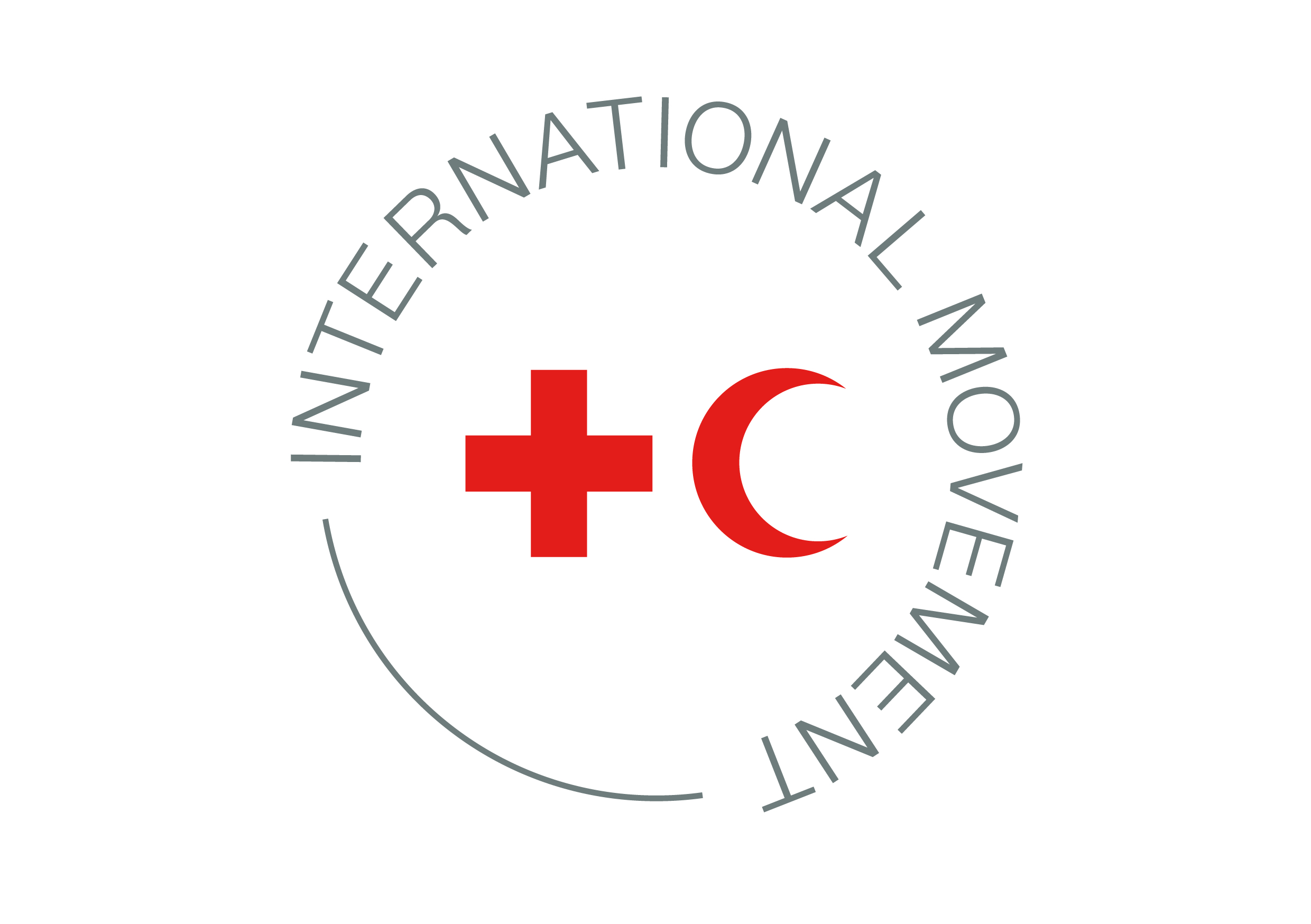A) Objectives of the pledge:
Attacks against humanitarian workers and volunteers as well as medical personnel or patients in situations of armed conflicts are to be resolutely condemned, as they constitute violations of international law and reduce humanitarian access to populations in vulnerable situations.
Recalling UN Security Council Resolution 2286, the EU, its Member States and the joining EU National Red Cross Societies pledge, according to their respective mandates, to seek ways of enhancing their support in the implementation of, and respect for the legal framework regulating humanitarian work, especially to enhance the protection of humanitarian and medical personnel, both staff and volunteers.
B) Action plan:
According to their respective mandates, the EU and its Member States and the joining EU National Red Cross Societies will:
- support training on relevant norms and rules of IHL on the protection of civilians, the provision of healthcare and humanitarian access, as well as on the rights and responsibilities of humanitarian and healthcare personnel, including on common ethical principles of healthcare in conflict;
- review national legislation, policies and procedures relevant to the provision of humanitarian assistance and medical care in armed conflict with a view to ensuring strict compliance with international law and medical ethics, and a degree of protection that matches the highest standards observed in international practice, as well as to encourage the undertaking of such reviews by third States;
- support awareness-raising and trust-building activities to ensure respect for principled humanitarian action;
- support relevant States and non-state actors in implementing or reinforcing context-specific measures to enhance the physical safety of humanitarian workers and volunteers as well as medical personnel;
- support initiatives, that contribute to developing a more systematic and comprehensive collection and analysis of data on attacks against medical workers and infrastructure. This could include building on existing initiatives and facilitating cooperation between different actors, with the aim of developing lessons learned and formulating concrete context-specific and actionable recommendations to better address and prevent such attacks, thus enhancing the security of medical workers and humanitarian personnel engaged in medical duties in armed conflict.
C) Indicators for measuring progress:
–
D) Resource implications:
–

